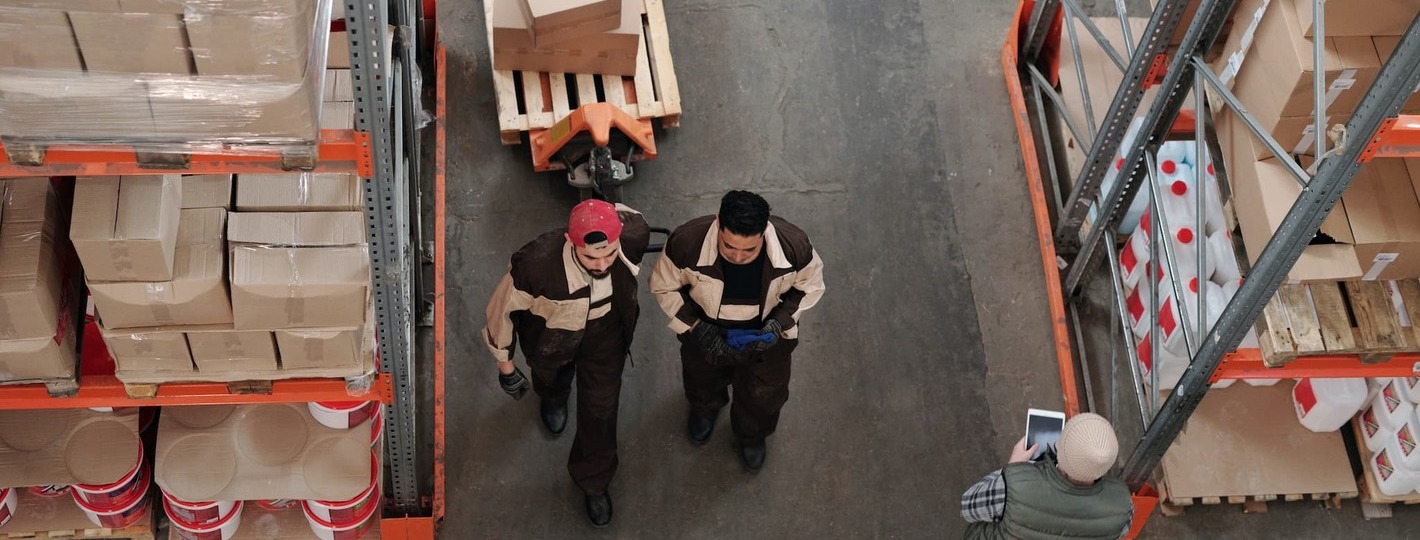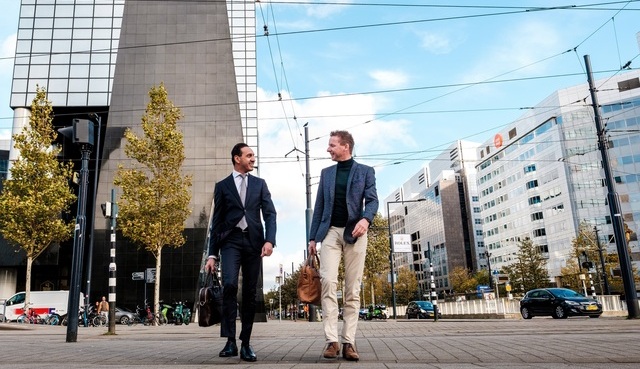
The payment of import-VAT at EU customs without deferment, the new rules on EU E-commerce 2021, dependency on third-party logistics providers offering indirect customs representation services is just among the various challenges and concerns UK-businesses face post-Brexit.
Whether it is by the incorporation of a Dutch BV-structure, the set-up of a branch, or fiscal representation, we can help you improve your EU-supply chain from a tax- and customs perspective. For your convenience we list the top two solutions applied today.
Solution 1: an EU hub for sales and tax compliance
A Dutch limited liability company (a ‘BV’) enables you to create a European hub for the service and supply of your European customers. Jennifer, CFO of a major UK wholesaler of household products explains: ‘a Dutch BV structure allows us to customs clear our goods under direct representation and with the use of VAT-deferment. The first creates more independency and an ensured sustainability of our supply chain (from a tax and customs perspective, red.) the latter generates a significant cashflow advantage’.
As this solution requires a certain level of substance (staff on the payroll, residency, etc.) this solution is most suitable for businesses for which the European market has a certain volume.
Solution 2: fiscal representation for VAT-deferment
The appointment of a fiscal representative can help you obtain a VAT-deferment license. Fiscal representation does not solve the customs representation issues UK-businesses face but do provide the VAT-deferment permit and for businesses active in E-commerce: the permit for the application of the One-Stop-Shop system (OSS) in which all EU27-VAT compliance can be arranged in a single Dutch OSS-return.
Visser & Visser UK Desk is a business unit of Visser & Visser: your international business partner in Tax, Accounting, Audit, HR, Payroll and IT solutions.
Do you have questions, or are you interested in how we can help you improve your supply chain? Please contact our expert below!
